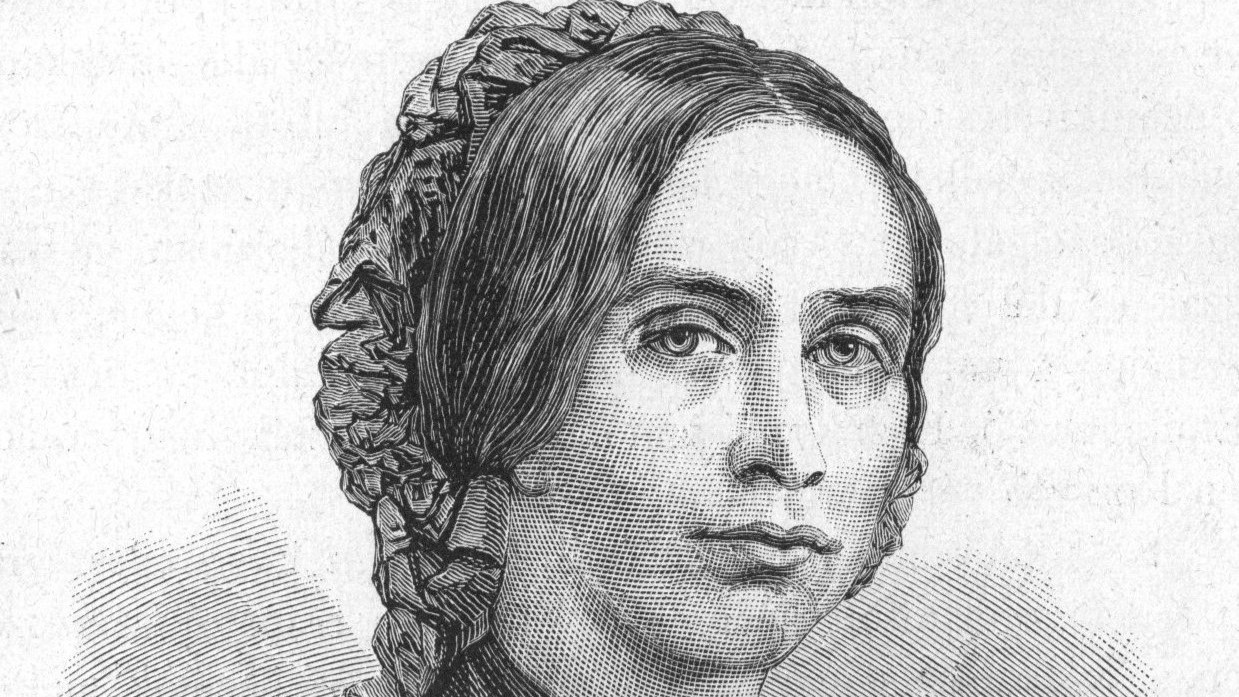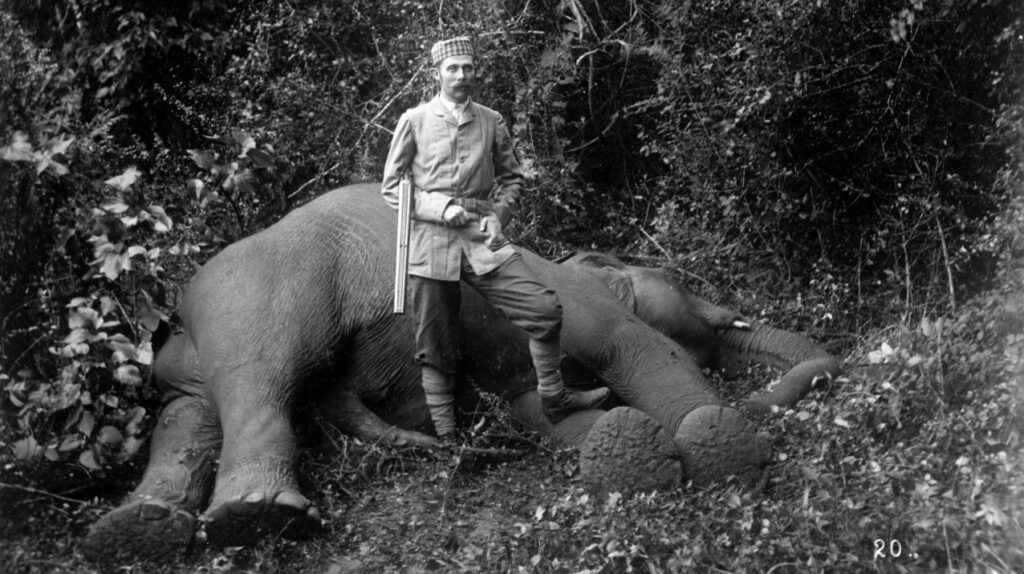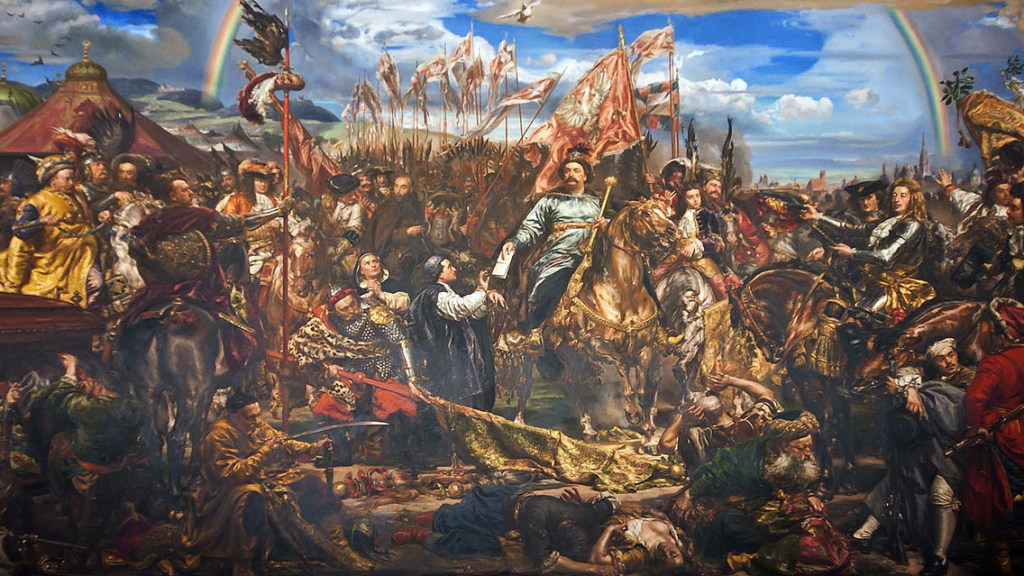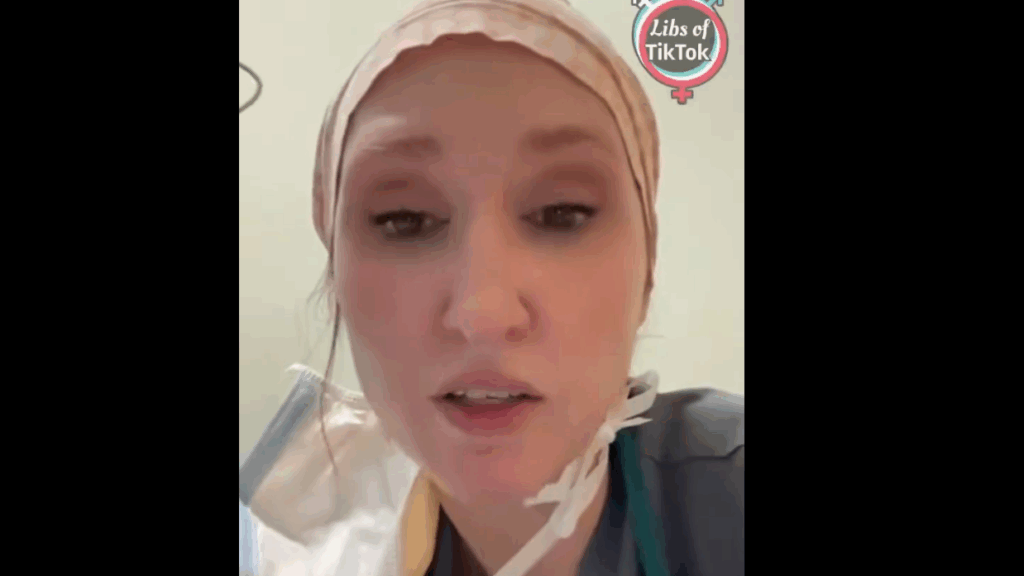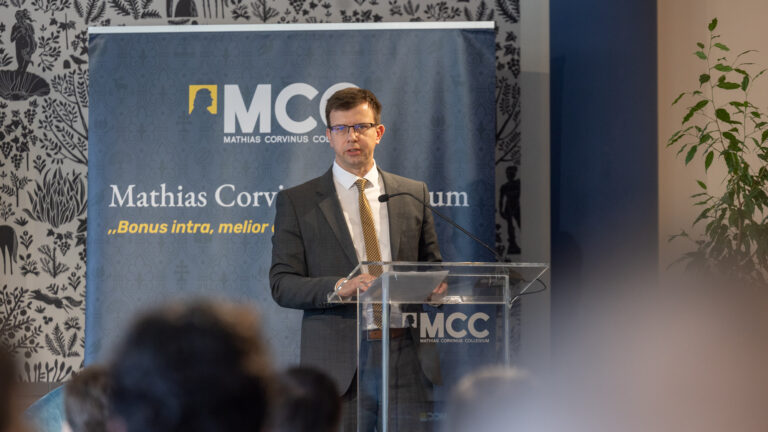Florence Nightingale is celebrated all over the world as the founder of modern nursing. The English nurse became famous worldwide for organizing care for the wounded in the Crimean War (1853–1856), waged between the Russian and Ottoman Empires. Hungary, however, has her unique but largely forgotten nursing role model, Zsuzsanna Kossuth, who set up field hospitals and recruited nurses to provide medical assistance to wounded soldiers years before Florence Nightingale’s work became internationally renowned.
Zsuzsanna Kossuth, the youngest sister of Hungarian statesman and freedom fight leader Lajos Kossuth, was born in 1817. Zsuzsanna, who was fifteen years younger than Lajos, grew up idolizing her dedicated, hard-working brother. Lajos was elected as representative to the National Assembly, called Diet at the time, in 1832. Thus, influenced by her brother, Zsuzsanna developed a keen interest in public affairs from her early youth.
The Influence of Lajos Kossuth
It was at about the same time that Zsuzsanna first exposed to the deep tragedy of sickness and death. In 1831 a devastating cholera pandemic spread in Eastern Europe, which claimed an estimated 100,000 victims in Hungary alone. Albeit she was only a teenager, she got actively involved in the fight against the pandemic, which was the first impulse that made her aware of the importance of medical training and well-organized hospitals.
The two siblings were so close to each other that Lajos often said they were ‘twin souls’. In the 1830s, Lajos was involved in the Reform Movement, which, as its name suggests, aimed to reform and modernize Hungary, whilst struggling for more independence from the ruling Austrian dynasty. The young reformists often met at Kossuth’s apartment, where Zsuzsanna helped them with copying texts and editing columns. In 1837, when Lajos was imprisoned for his advocacy of Hungarian nationalism, Zsuzsanna had the foresight of hiding some of the yet unpublished works of his brother which were released while he was detained, greatly contributing to Kossuth’s rise to national fame. During the three years Lajos was in prison, shaken by the imprisonment of his son, their father died, and Zsuzsanna also caught a sickness that plagued her for the rest of her life.
Despite the years Lajos spent in prison, and the family tragedies that ensued, the Kossuth siblings did not give up the fight for Hungary. In 1844 Kossuth established the Protection Association (Védegylet), which aimed to encourage Hungarians to buy only Hungarian products, thereby strengthening Hungarian manufacturing and industry. Zsuzsanna, who at the time was already a mother of two, was involved in setting up regional chapters, and was even elected as the Protection Association’s representative for Fejér County, where she and her husband lived.
Zsuzsanna had her third child born shortly after her husband, Rudolf Meszlényi died in January 1848. She did not have much time to grieve, however, as events accelerated once a Revolution broke out in Vienna on 13 March 1848. Inspired by the events in the Empire’s capital, the Hungarian youth also organized demonstrations in Pest on the 15th of March, which marked the beginning of the revolution.
Setting Up a Military Hospital Network
The 1848–49 Revolution in Hungary brought about overarching reforms, introducing general taxation, and wiping out the nobility’s privileges, among other measures. Albeit initially it seemed that Vienna would agree to Hungary’s strengthened self-governance, soon the Empire fuelled revolts by other ethnicities against Hungary in the south of the country. Initially, the newly formed Hungarian military claimed successes against the Emperor’s army, but by late 1848 Pest had to be given up. Along with the Government, the Kossuth family relocated to Debrecen. As thousands of refugees arrived in the city, Zsuzsanna stuggled to find suitable accommodation with her three children. It was only thanks to the kindness of a local Protestant pastor that they eventually had roof over their heads.
As the War of Independence raged on between Austria and Hungary, there was a great need for personnel who could tend to the wounded. In April 1849, during the most successful month of the freedom fight, Zsuzsanna was appointed chief nurse of all Hungarian military hospitals. Dedicated to saving lives, Zsuzsanna was involved in establishing over 70 field hospitals, setting up a substantial medical infrastructure, keeping track of the inventory of hospitals, and supplying what they needed the most. She even published newspaper advertisements encouraging women to serve as nurses aiding their husbands and brothers on the battlefields in the revolutionary struggle.
Crucially, throughout her work, Zsuzsanna was committed to providing medical aid to all wounded soldiers, regardless of which side they fought on. Hungarians, Austrians and Russians alike received treatment in the field hospitals under her leadership.
Albeit some watched Zsuzsanna’s effort which scepticism, questioning her ability as a woman to develop and supervise such a network, Lajos (Governor-President of Hungary between 14 April 1849 and 11 August 1849) commanded all hospitals to obey Zsuzsanna’s orders. The large network of volunteer nurses that Zsuzsanna created undoubtedly contributed to the survival of many.
Persecution and Forced Emigration after the Fall of the Revolution
After the Revolution and Freedom Fight was defeated with Russian help in August 1849, Zsuzsanna, much like many other Hungarian heroes, had to flee. Lajos managed to escape the country with a fake passport. Zsuzsanna, who never saw his brother again, was left behind. The fleeing mother lost her youngest son, Rudolf to an illness during the difficult journey they were forced to take during the nights, hiding from the hostile armies of the Russian and Austrian Emperors. Despite patriotic peasant families’ effort to hide the Kossuth family, Zsuzsanna was arrested. She remained in prison for six months and was freed due to the efforts of some Austrians soldiers who owed their lives for Zsuzsanna’s dedicated work as a nurse. Zsuzsanna could enjoy her freedom only for a very short period of time, however, as she (alongside her sister, Lujza) was soon arrested again, this time for treason.
In the coming months members of the Kossuth family were in and out of prison. Lajos (who was also briefly imprisoned in Turkey but was ultimately released) travelled first to London, then to the United States, where he gathered public support for the Hungarian cause. Eventually, Kossuth’s popularity abroad also helped his family members in Hungary. Fearing to the mounting international pressure, the Austrians could not risk having any of the Kossuth sisters die in prison. The US also put diplomatic pressure on Austria to set members of the Kossuth family free. The cost of their release was high, however. Austria demanded that they leave and never return to Hungary. Forced out of her homeland, Zsuzsanna emigrated to the United States. Soon after arriving there she died in New York City on 29 June 1854; she was only 37 years old. The year 2017, the bicentenary of her birth, was dedicated to celebrating the heroism of Zsuzsanna Kossuth and to the nursing profession.

